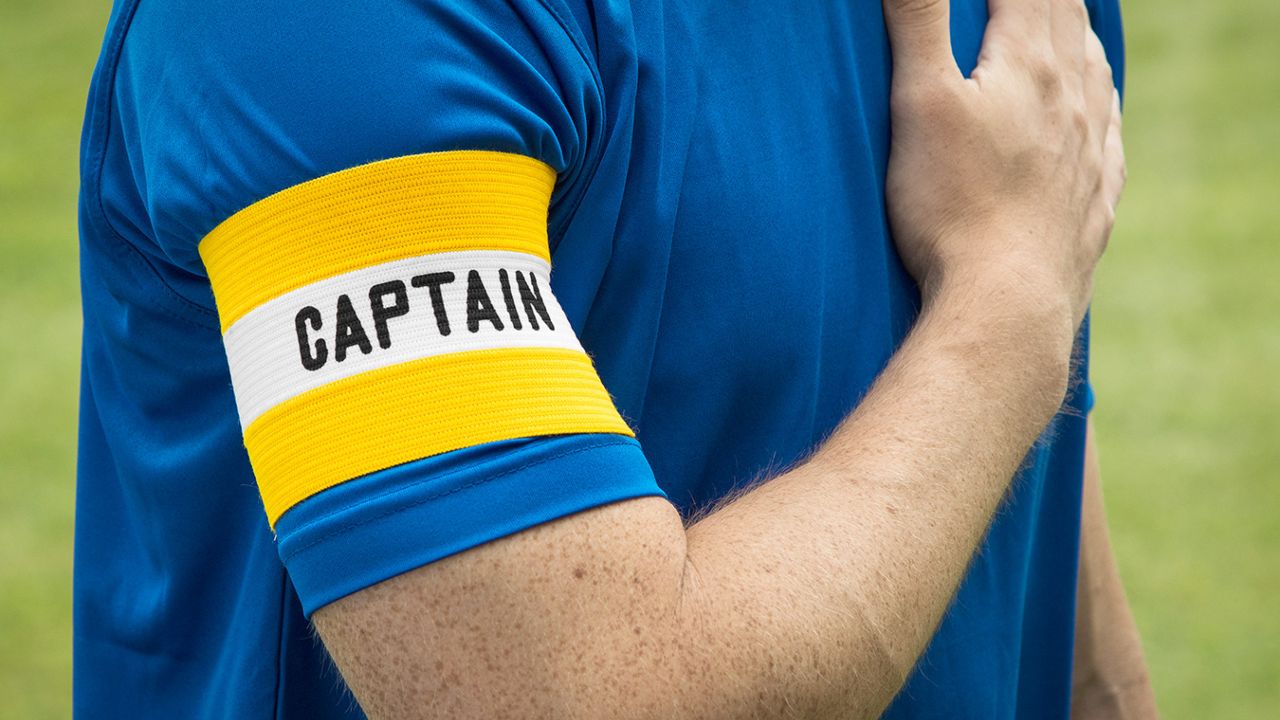In every soccer team, the captain holds a vital role, symbolized by the distinctive armband they wear. Captains are the team’s leaders on the pitch, representing their squad and taking on a range of important responsibilities. But what exactly does a soccer captain do, and how are they chosen? Let’s explore the role of a captain in soccer in more detail.
How Are Soccer Captains Chosen?
Captains are typically selected by the team’s coach or manager. Often, they are the most experienced or longest-serving players on the team, but that’s not a strict rule. A younger player can also be chosen if they exhibit strong leadership qualities. Coaches generally consider factors like the player’s influence, experience, and ability to inspire their teammates when choosing a captain.
What Do Soccer Captains Do?
Soccer captains act as the leaders on the pitch. They have several key responsibilities, including:
- Leading Pre-Match Formalities: The captain leads their team onto the field and participates in the coin toss to determine which side of the pitch they will attack from.
- Communication with Referees: Captains serve as the main point of contact between the referee and their team. They’re responsible for voicing concerns and communicating decisions during the game.
- Motivating the Team: Captains inspire and encourage their teammates, particularly in challenging situations. When tensions rise, they help maintain calm and focus.
- Representing the Team in Ceremonies: In trophy presentations, the captain leads the team in receiving medals and is the first to lift the trophy if victorious.
- Setting an Example: Whether on or off the field, captains are expected to lead by example. They must show discipline, sportsmanship, and composure, especially under pressure.
What Happens if the Captain Is Unavailable?
If a captain is substituted or unable to play, the vice-captain steps in to assume the role. Some teams even designate a third or fourth captain to ensure leadership is always covered. The absence of a captain can impact the team’s morale and organization, as they are often a key motivator and decision-maker.
Famous Soccer Captains
Over the years, many captains have left an indelible mark on soccer history. Legends like Carles Puyol of Barcelona, Paolo Maldini of AC Milan, Steven Gerrard of Liverpool, and John Terry of Chelsea, were iconic captains known for their leadership and dedication. Lionel Messi, who captained Argentina to their World Cup victory, remains one of the greatest captains in modern soccer.
Conclusion
Captains are the heart and soul of any soccer team. Their role goes beyond wearing the armband; they inspire, lead, and represent their team both on and off the pitch. While age, experience, and skill play a part in selecting a captain, the most important qualities are leadership and the ability to unite a team.

